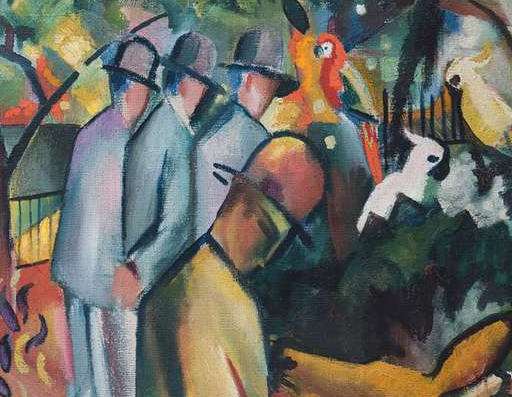
When news broke that former Philippine President Rodrigo Duterte had been arrested in Manila on an International Criminal Court (ICC) warrant for crimes against humanity, the ripples of this event travelled far beyond the archipelago. They sent an unspoken message across continents—to leaders who have long walked the tightrope between political impunity and judicial reckoning. And two names stand out above the rest: Benjamin Netanyahu and Donald Trump.
For years, strongmen like Duterte, Netanyahu, Putin and Trump have operated under the assumption that they are untouchable. They have built their political empires on the illusion of invulnerability, convincing their supporters that they are above the very laws meant to govern society. Duterte’s arrest punctures this myth, serving as an ominous warning to those who believe they can wield power indefinitely without consequence.
Duterte’s presidency was drenched in blood. His so-called “War on Drugs” was a brutal campaign of extrajudicial killings, masked as justice but executed with the cold efficiency of a slaughterhouse. Thousands of bodies piled up in Manila’s alleys, often with government officials denying responsibility or worse, justifying the carnage. Duterte was a master of deflection, invoking nationalism, populist rage, and manufactured threats to maintain his grip on power.
And yet, here we are. He is behind bars, held accountable by the very international institutions he scoffed at. The man who once threatened ICC prosecutors with arrest has now become their prisoner. This irony is not lost on the world or on those who share his brand of authoritarian politics.
Benjamin Netanyahu has spent decades playing the long game of political survival, expertly weaving together fear, war rhetoric, and legal manoeuvring to shield himself from accountability. His current war in Gaza, which has led to thousands of civilian deaths, is being scrutinized by the international community. Allegations of war crimes loom over his administration, and though Israel is not a signatory to the ICC, history has a way of closing in on those who think they are untouchable.
Duterte’s downfall is a scenario Netanyahu would rather ignore. But as investigations continue into war crimes, as international pressure mounts, the walls of legal immunity begin to crack. The Hague has a long memory, and the precedent set by Duterte’s arrest suggests that no leader, no matter how strategically insulated, is immune from eventual justice.
Donald Trump, meanwhile, faces a different but related problem. While the ICC is not directly involved in his legal troubles, his situation mirrors Duterte’s in a disturbingly familiar way. Trump’s entire political strategy has been built on the illusion of invulnerability, his belief that as long as he controls the narrative, he can avoid legal consequences.
Duterte’s fate is a nightmare scenario for Trump. Here was a leader who wielded populism like a sword, who weaponized fear, and who believed that legal institutions were powerless against him. And yet, he was brought down. Trump, already facing a turbulent election cycle, knows that losing political power could mean losing his shield against prosecution. Duterte’s arrest is a stark reminder that no amount of bombast can hold off the reckoning forever.
What Duterte’s arrest signifies is not just an isolated case of accountability, but a shift in global politics. The idea that heads of state, both current and former, are above the law is being tested and in some cases, shattered. The international community is beginning to demonstrate that patience with impunity is wearing thin. This is not just about the Philippines; it is about a global reawakening to the principle that power does not exempt one from justice.
For Netanyahu, Putin and Trump, the message is clear: the shield of office is temporary, but history’s judgment is permanent. The hand of justice may move slowly, but as Duterte now knows, it does move. And it may be coming for them next.

No comments:
Post a Comment